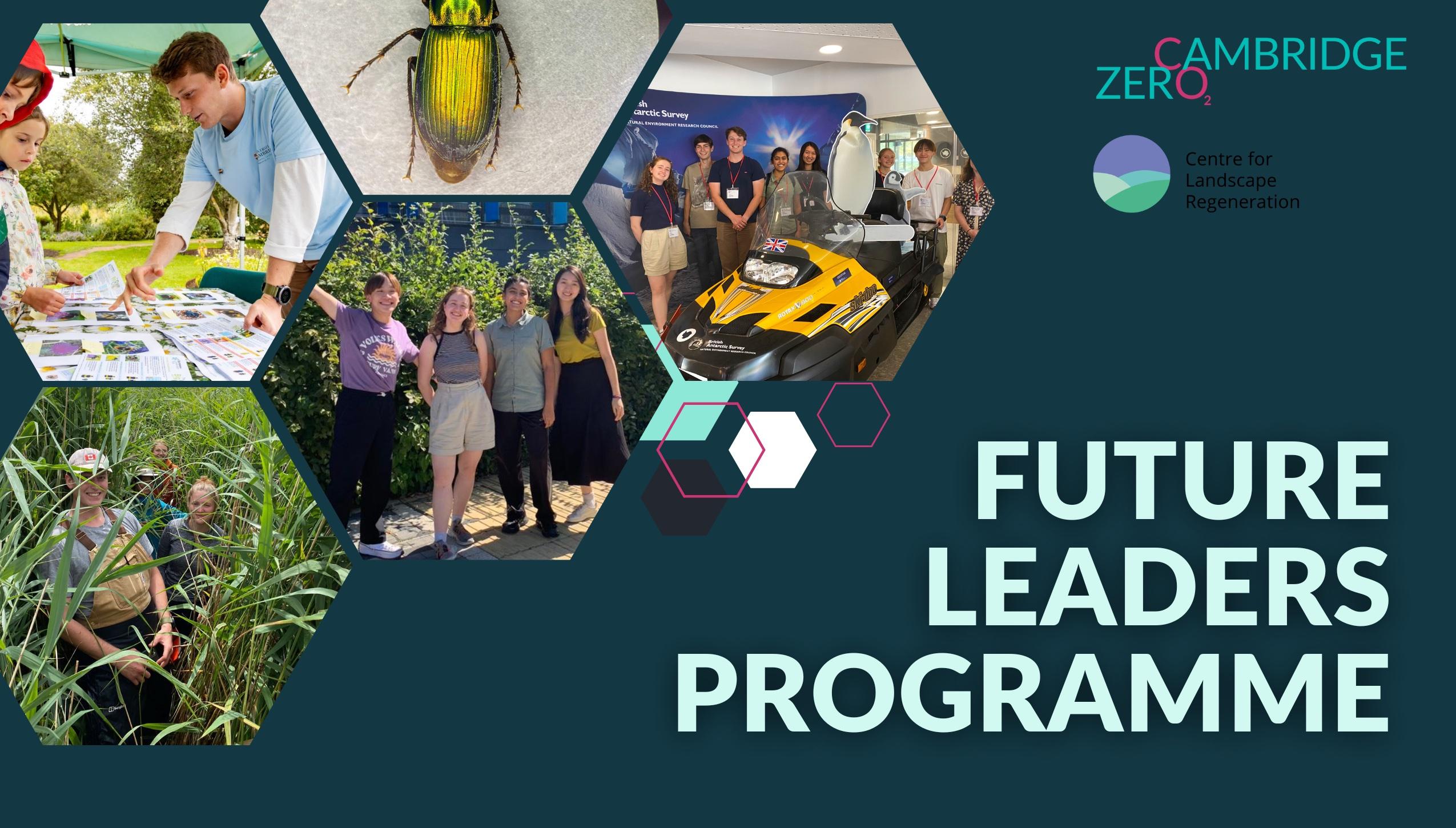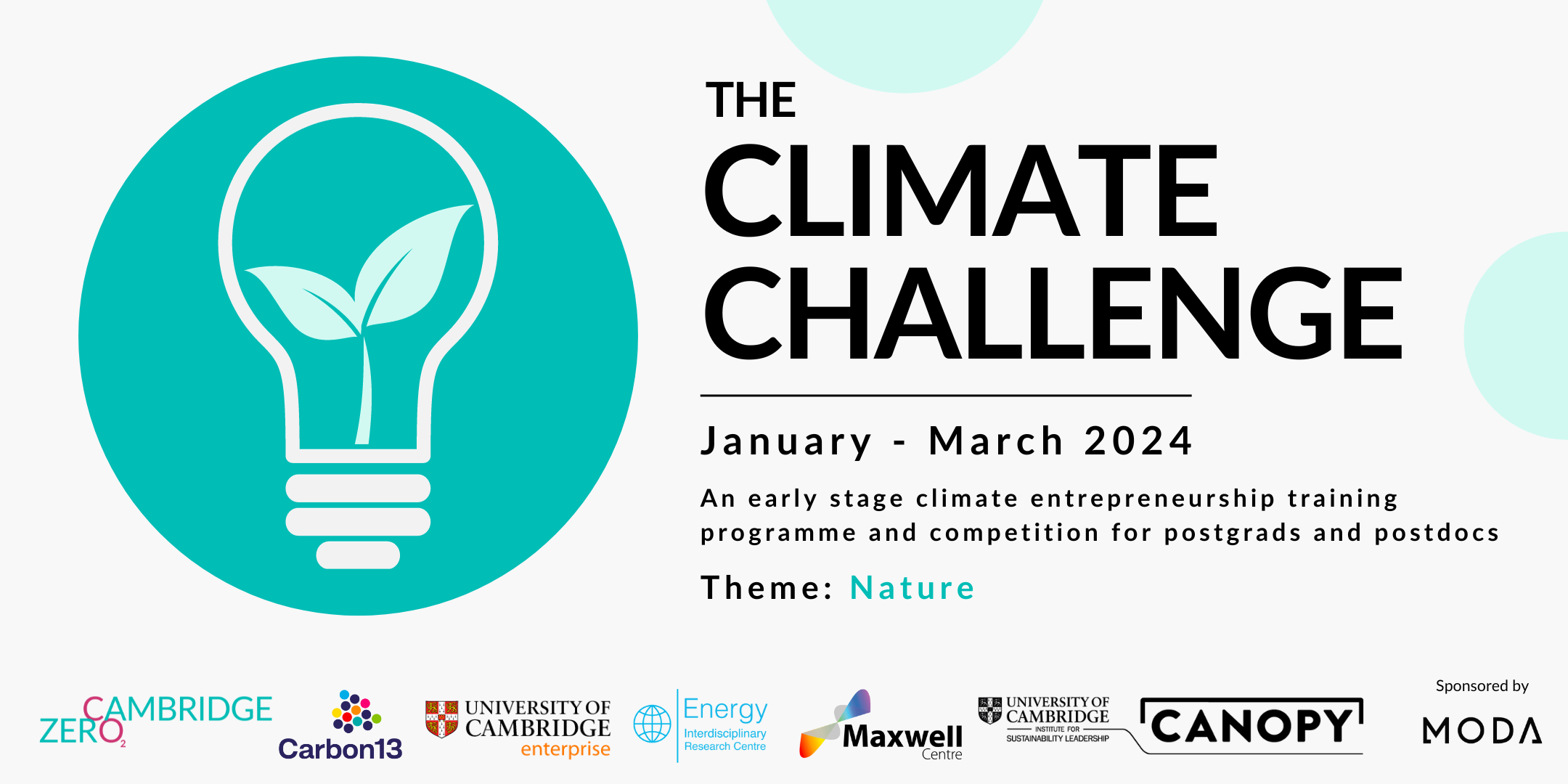Cambridge Zero organised a workshop to explore the capability of materials modelling and how it can accelerate experimental explorations. The event highlighted the importance of developing new materials with better functionality in energy consumption, conversion, and storage, which is crucial to achieving net zero targets.
The workshop featured expert speakers from diverse backgrounds in theoretical simulation and experiments. They discussed the latest advancements in materials modelling and shared research.
Dr. Monserrat showcased successful materials modelling examples in collaboration with experimental groups covering superconductivity, light-emitting materials, and x-ray detectors.
Dr. Zhang shared her recent paper in Nature magazine on a new electron transfer pathway in photosynthesis with the help of theoretical colleagues and expressed interest in future large-scale collaborations.
Dr. Magdau spoke about using machine learning to model electrodes, solving problems beyond conventional computational modelling.
A battery-focused second keynote session featured Dr. Fong's theory model for calculating non-measurable properties in Lithium-ion battery electrolytes. Dr. Z. Li emphasized the importance of developing Lithium-Sulfur batteries for higher energy density, lower cost, and greater environmental friendliness.
Dr. A. Li represented Immaterial Cantab, a Cambridge spin-out company focused on metal-organic frameworks for carbon capture and hydrogen storage. The company has established a reliable process for synthesising and simulating new materials, with plans to automate all steps using robots.
The presentations sparked lively discussions about the reliability of modelling and the future of the field. Participants from various research groups and backgrounds discussed the potential impact of establishing an open, shared, and interactive platform to allow experts from both sides to contribute to and access a shared database.
Isobel Cohen, Senior Associate Director at CUDAR & Cambridge Zero introduced the opportunities for philanthropic funding to support principal projects and help the academic community with fundraising.
With its unique position and expertise on energy materials, the University of Cambridge could potentially lead the incubation of a modelling-experiment platform that could accelerate the development of impactful and ground-breaking new discoveries within the energy materials space.
Materials design is critical across many areas, including batteries, refrigeration, memory devices, superconductors, catalysts, and more. An open-access platform organizing the collection and review of published data would benefit experts with prior and specialized knowledge in their own research fields, speeding up their research and accelerating the development of impactful new discoveries.



